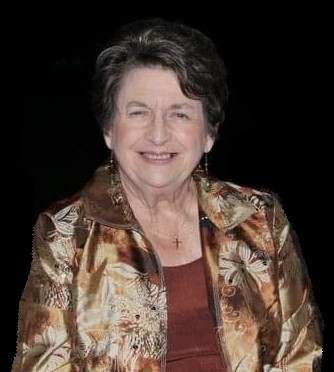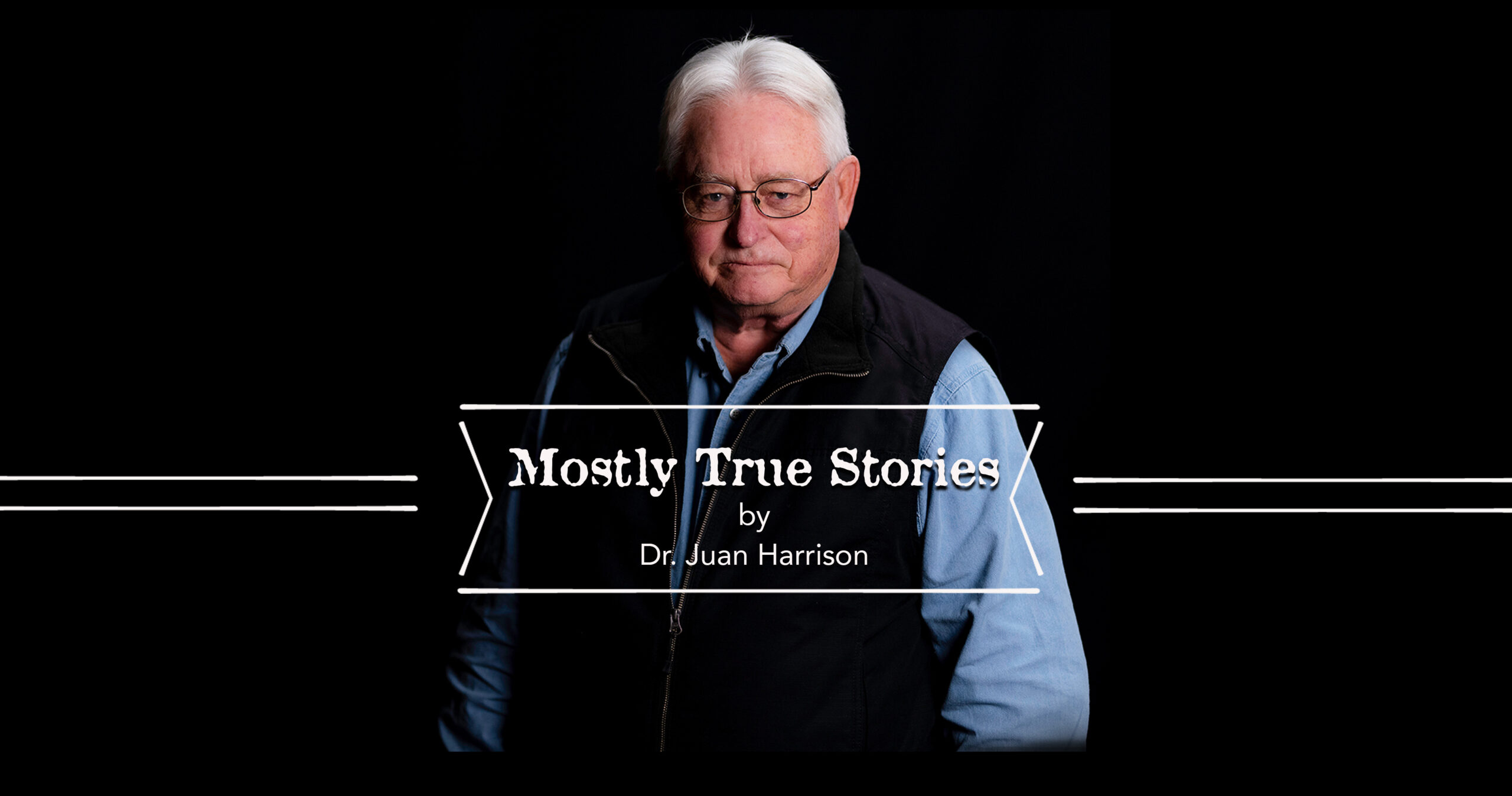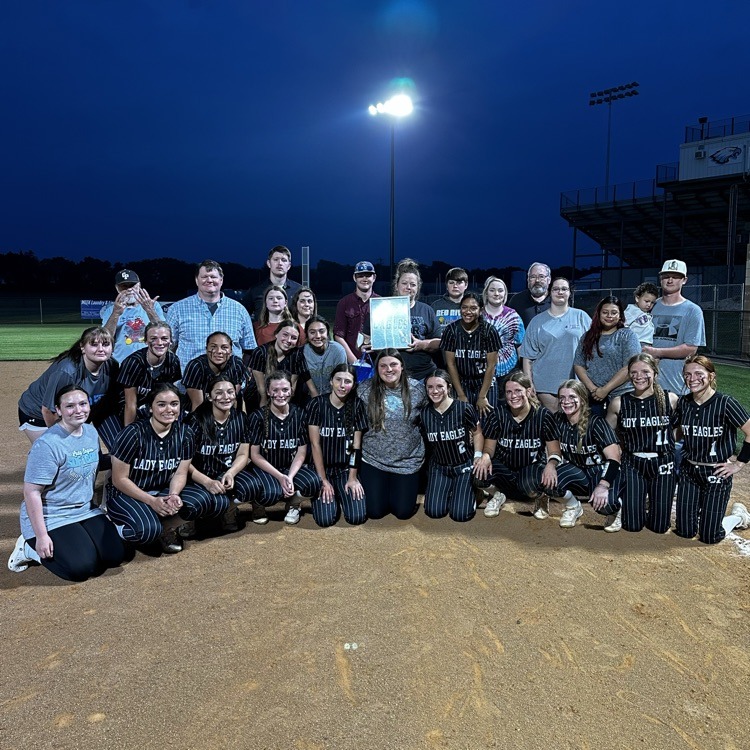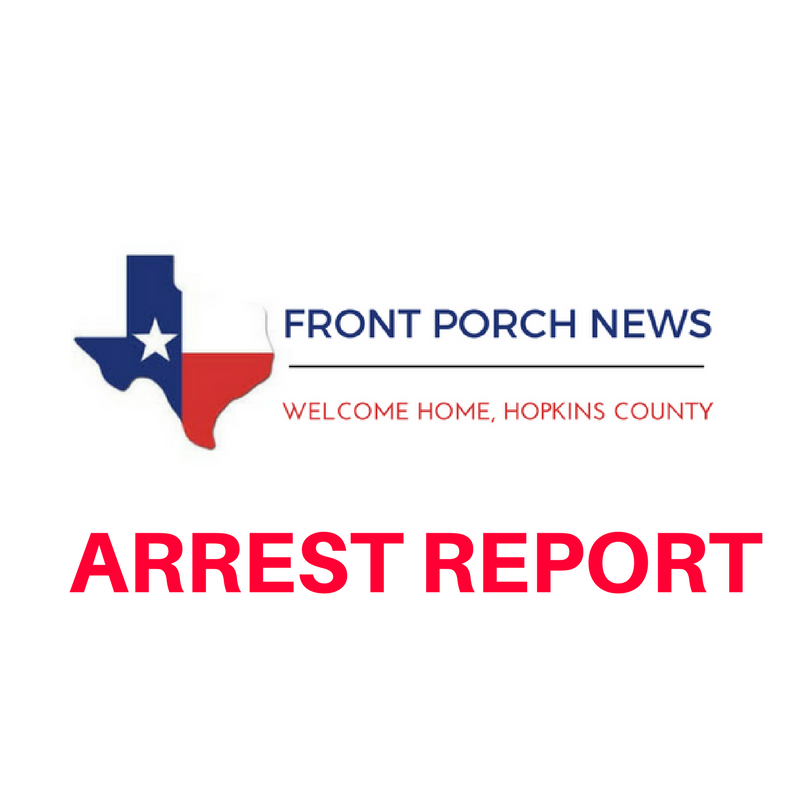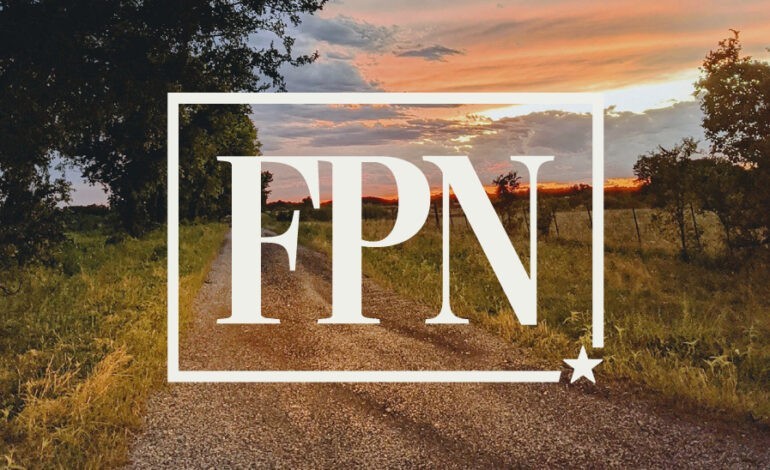Mom, What Do You Do? by Johanna Hicks
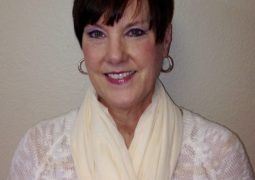
[adning id=”33097″]
Mom, What Do You Do?
Recently, I had an eye-opening experience. Our family was dining at a local restaurant, and we were discussing school, athletics (our daughter, son and daughter-in-law are all employed with the Sulphur Springs ISD), movies, and work projects. My son commented that he knew that I taught diabetes education, nutrition, and sewing, but said, “Mom, what DO you do? Your job is confusing!”
Hmmm, I thought that if my own family member was confused about my work, others might be, too. Of course, if you have been following my column during the past few weeks, you have gotten a glimpse of what I do, but you, too, might not fully understand what Texas A&M AgriLife Extension is all about. So, for clarification, here are a few facts about our agency, and my position, in particular.
Texas A&M University (originally named the Agricultural and Mechanical College of Texas) was the state’s first public institution of higher education. The land-grant mission was expanded beyond teaching to research with the approval of the Hatch Act in 1887, providing federal support for the establishment of agricultural experiment stations and resources to solve critical problems confronting agriculture. The department of agriculture and science was designated the School of Agriculture, later to become the College of Agriculture and, in 1989, the College of Agriculture and Life Sciences. Texas A&M’s programs in teaching, research, extension, and service reached people in towns and cities as well as on farms and ranches.
In 1915, the Texas legislature organized the Texas Agricultural Extension Service (now known as Texas A&M AgriLife Extension Service), which would bring scientific information from the Texas Agricultural Experiment Station (now Texas A&M AgriLife Research) to every farm and community. County Ag/Natural Resources agents, home demonstration agents (now known as Family & Community Health Agents), specialists, and volunteers provided this outreach. Boys’ and girls’ corn clubs and tomato clubs, organized between 1903 and 1914, were the forerunners of the remarkably successful Extension 4-H clubs, which today are expanding to serve an increasingly urban youth population.
Today, Extension’s scope has expanded further than its originators could have imagined. Our mission is no longer isolated to “agriculture and the mechanic arts.” Agriculture and the life sciences have gone global. Every county in the state of Texas has access to resources and staff from Texas A&M AgriLife Extension. Agents are considered to be faculty because we bring research-based information and education to the communities where we live. In addition, every state in the United States has an Extension Service, supported by a major university in that state.
That still doesn’t answer the question, “Mom, what DO you do?” My responsibilities are multi-dimensional and very difficult to put into a neat, concise paragraph. Every day is different. My title is Extension Family & Community Health Agent. Each Extension agent may focus on his or her own strengths and interests, so program offerings vary from county to county. My particular interests are diabetes education (Do Well, Be Well with Diabetes and Cooking Well with Diabetes), nutrition education for adults and youth (Better Living for Texans, multiple nutrition resources), food safety, wellness (Walk Across Texas and Walk & Talk), marriage education (Twogether in Texas), and Master Wellness Volunteers. I also enjoy leading sewing workshops and implementing the annual Christmas Joys Holiday program, which reached approximately 270 individuals in 2017. In addition, my co-worker and I share responsibilities for our 4-H program, which include camps, projects, contests on county, district, and state levels, exchange trips, County 4-H Council meetings, community service projects, and special 4-H events.
As Extension educators, our volunteer base and networking partners are vitally important. These individuals and agencies help extend our reach and impact. We have three trained groups of volunteers in Hopkins County – Master Wellness Volunteers, Master Gardeners, and Certified Judges for Fairs, Festivals, and Events. We also work with episodic volunteers, 4-H leaders/club managers, and committees. Our programming direction is guided by our Leadership Advisory Board and Program Area Committees, which meet three times annually. Some of our other committees meet more frequently to plan, implement, and evaluate events and programs.
I prepare three newsletters on a regular basis: 4-H Gazette, Better Living for Texans nutrition newsletter, and Volunteer Connection for my Master Wellness Volunteers. We provided weekly newspaper columns and frequent radio interviews. Also, check out my Hopkins County Family & Consumer Sciences Facebook page (be sure to click on the Texas page! Another state has the same Facebook page name.) Dairy Festival Board, Fall Festival Board, Community Chest Board, Community Resources Coordination Group (CRCCG), Community Health/Wellness Alliance, Sulphur Springs and Como-Pickton School Health Advisory Councils (SHAC), and Book Buddies also are part of my work endeavors. Dates for programs and series for 2018 have been set, but I also am available for civic organizations, scouts, churches, or other groups…if I have enough notice!
Our office is located at 1200 W. Houston (next door to the Southwest Dairy Museum) in Sulphur Springs. We are open 8:00 a.m. to 5:00 p.m. Monday thru Friday (closed during lunch and major holidays), and you’ll often find us here after hours and on Saturdays! Our district office is located in Dallas, and our state headquarters is located in College Station.
So, I hope I answered any questions you might have about “what I do.” Drop by for a visit sometime!
Closing Thought
Never judge a person until you have walked in their shoes – unknown
[adning id=”33207″]
[adning id=”33207″]
[adning id=”33207″]

